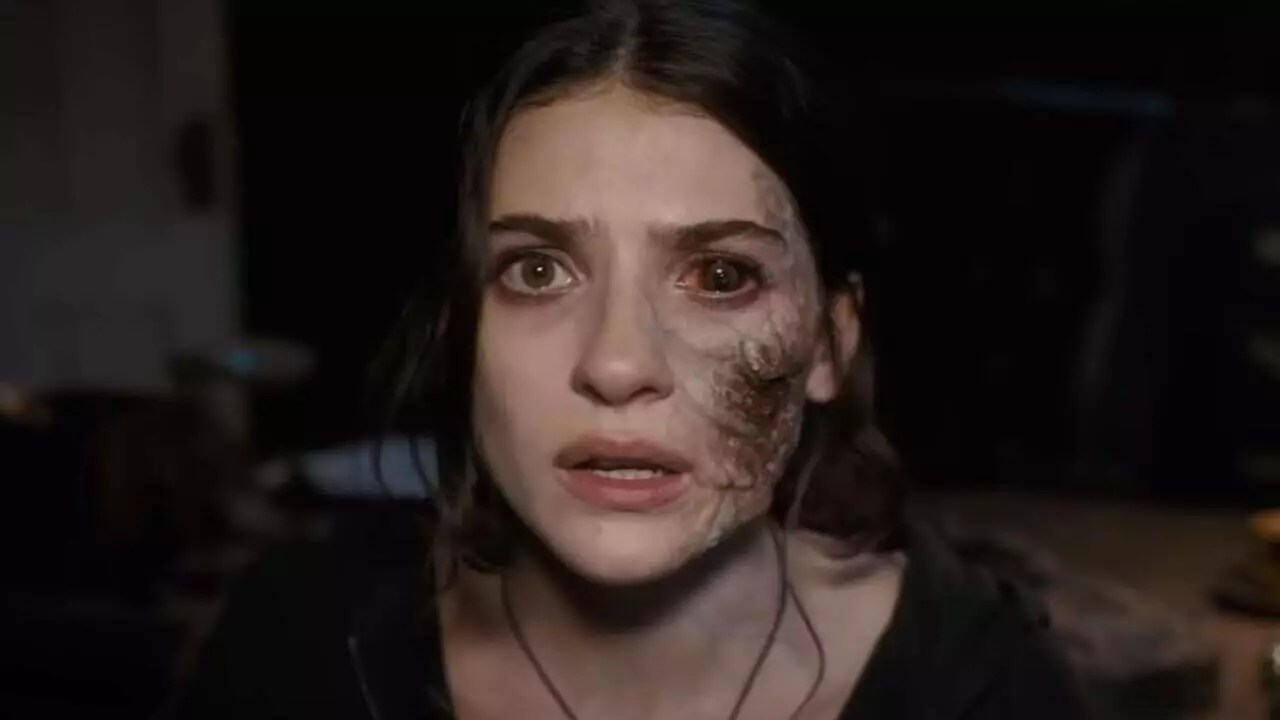The horror genre has always been ripe for cinematic exploration, and the latest film adaptation of Supermassive Games’ acclaimed horror game, *Until Dawn*, promises to bring a fresh and exhilarating twist to the medium. With its release scheduled for April 25, the film, featuring a talented ensemble cast including Odessa A’zion, Michael Cimino, Maia Mitchell, and the experienced Peter Stormare, is generating significant buzz among fans and horror enthusiasts alike.
The plot centers around Clover and her friends as they delve into the mysterious valley where her sister, Melanie, vanished a year prior. Their quest for answers leads them to an abandoned visitor center, where the tension escalates with the introduction of a masked killer stalking their every move. The unique narrative device of a time-loop adds an intriguing layer to the story, allowing characters to experience death repeatedly, reminiscent of the game’s mechanics that facilitated different gameplay outcomes based on player choices.
What sets *Until Dawn* apart from other adaptations is its innovative use of narrative structure, forging a connection with the original game without merely recreating it. The film’s director, David F. Sandberg, emphasizes that each time the characters die and return to the beginning of the night, they enter a new sub-genre of horror. This creative approach to storytelling offers a rich tapestry of suspense, allowing viewers to anticipate how the protagonists will navigate their terrifying predicament, while simultaneously exposing them to diverse cinematic themes and styles.
The incorporation of this time-loop device is not just a gimmick; it presents an opportunity for deeper character development and intricate plot twists that can challenge audience expectations. As Clover and her friends confront increasingly perverse scenarios, viewers will witness the evolution of their relationships and moral dilemmas in a setting that forces them to confront life and death in a manner that is both engaging and haunting.
*Until Dawn* is part of a growing trend of video game adaptations making their way to both the big and small screens. With multiple titles slated for release, including *Minecraft* and *Mortal Kombat 2*, it’s evident that Hollywood is eager to tap into this lucrative market. HBO’s *The Last of Us* has already proven that video game stories can resonate with audiences, setting a high bar for upcoming projects.
Moreover, as Supermassive Games continues to innovate within the horror genre, their newly announced title, *Directive 8020*, builds upon their legacy of immersive storytelling and psychological terror. The anticipation for these projects indicates a significant shift in how video game narratives are perceived and adapted, creating an environment where interactive experiences can thrive within cinematic frameworks.
*Until Dawn*’s impending release is not just another horror film; it’s a bold reimagining of a beloved video game that draws on the strengths of its source material while offering thrilling cinematic innovations. As fans brace themselves for a night of terror and mystery, the film might just redefine the standards for future adaptations, merging gameplay and cinema in ways previously unexplored.


Leave a Reply